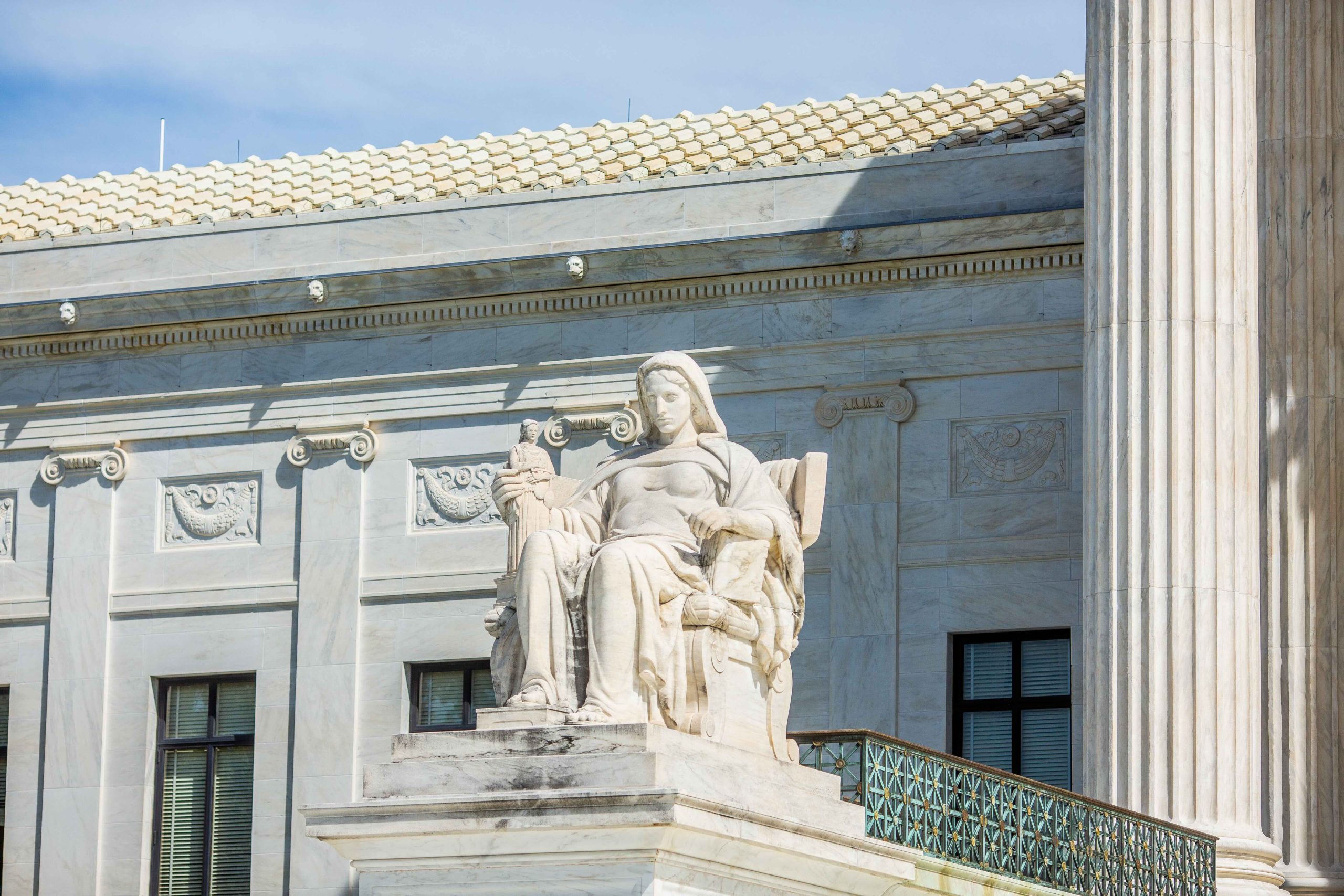To print this article, all you need is to be registered or login on Mondaq.com.
Introduction
In the journey of life, mortality remains a constant,
emphasizing the necessity of estate planning as individuals
accumulate assets. Estate planning extends beyond mere property
transfer, encompassing the assurance of loved ones’ futures and
the preservation of wealth’s enduring purpose. This article
delves into the significance of estate planning, exploring the
foundational pillars of Wills and Trusts that shape legacies in
Nigeria.
Wills
A Will is a testamentary disposition of a person (the
“Testator“) which takes effect upon the
death of the Testator. It is an instrument by which a Testator can
absolutely and freely dispose of all of his property – owned
before or acquired after the date of the Will – in any
manner, and to named persons (the “Beneficiaries”),
subject to certain qualifications imposed by law. These
qualifications include the responsibility of a Testator to make
reasonable financial provisions for his or her dependents (spouses
and children)1, customary law on the disposition of
property that governs the testator,2 and Islamic law. A
Will can also be used to issue posthumous instructions such as
where and how the Testator should be buried.
A Will must be freely declared, and can be amended or withdrawn
at any point during the Testator’s lifetime. However, to ensure
its validity and voluntariness, it must be signed by the Testator
and the signing by the Testator must be witnessed by at least two
persons. Usually, a Will is lodged at the probate registry of the
High Court of a State in which the Testator resides. In most states
in Nigeria, the person in possession of a Will must lodge same at
the Probate Registry between 2 (two) weeks to 3 (three) months from
the Testator’s death. Although a Will is not invalidated where
it is not lodged, any person who fails to lodge a Will within the
required timeframe is liable to pay a fine to the Court. He may
also be summoned by the Court and cited for contempt.
Executors of A Will
Executors are persons tasked with managing and distributing the
wealth of a deceased person. They could be appointed expressly or
impliedly in a Will or through a nominee charged with appointing
the executors of the Will. Where a Will does not name an executor,
a competent court in Nigeria can appoint the executor of a
testator’s estate. The law also recognizes certain persons,
who, though not expressly appointed as executors, take concrete
steps to manage the estate of a deceased (executors de son
tort). Executors must obtain probate in accordance with the laws of
the State where the Will is lodged. Probate is the process of
authenticating the validity of a Will and authorizing the executors
of an estate to administer the Will.
Trusts
A Trust is a legal vehicle by which a person or a legal entity
(the “Trustee“) holds and/or manages
assets on behalf of another person (the
“Beneficiary“). The Trust is created by
an individual who holds legal title to the assets (the
“Settlor“). The Settlor creates the
Trust, appoints the Trustee(s) and names the Beneficiar(ies)y as
the person(s) who would take benefit of the Trust.
There are two general categories of Trusts in Nigeria, viz;
Private Trusts and Public Trusts. However, for the purpose of
estate planning, the most commonly used category is the Private
Trust. A Private Trust could be created during the lifetime of a
Settlor (the “living trust or “inter
vivos trust“) or it could be set up after the
Testator’s death according to the terms of a Will (the
“Testamentary Trust“).
Yet, for a Private Trust to be valid and enforceable, it must
have the following features:
- Certainty of Intention: The Settlor’s
intention to create the Trust must be certain. This intention may
be expressed by the Settlor formally or through his conduct. - Certainty of Subject Matter: The subject
matter of the intended Trust must be certain, that is, the property
to be given to the Beneficiaries must exist, must be identifiable,
or capable of being identified upon the creation of the trust,
otherwise the Trust fails. - Certainty of Objects: The intended
Beneficiaries of the trust must be clearly identified or
ascertainable.
The creation of a Trust must also involve the vesting of the
Settlor’s property in the Trustee(s). At the initial
appointments of the Trustees, the Settlor must transfer the
property through a binding instrument. In the case of real
property, a deed must be used to effect the transfer. However, for
a Testamentary Trust, the Will operates to vest the property in the
Trustees appointed therein. For subsequent Trustees, the property
can be transferred again, either by a vesting declaration, a
conveyance or transfer from the outgoing Trustee(s) to the incoming
Trustee(s), or a vesting order by a High Court in
Nigeria.3
Appointment and Replacement of Trustees
A Settlor has absolute power to appoint any legal entity or
individual as a Trustee under a Trust. A Trustee may be an
individual of full age and capacity, or a trust corporation, that
is, a corporate body empowered by law to conduct trustee business.
The Settlor of a living trust can appoint himself as a Trustee in
the first instance. He can also retain and exercise the power to
appoint additional trustees.
A Trustee can be removed and replaced under certain
circumstances such as death or dissolution of the Trustee, refusal
of the Trustee to execute the wishes of the Settlor, where the
Trustee is deemed unfit to act as a Trustee, where the Trustee is
removed pursuant to a Court order, where the Trustee is discharged
from trusteeship, and where the Trustee is removed in accordance
with the instrument that established the Trust.4
Responsibilities of Executors and Trustees
Trustees and Executors have the duty to observe the terms of the
instrument which appointed them with utmost care and diligence.
They must follow the terms strictly, failure of which they will be
guilty of a breach of Trust. They are also empowered to take
appropriate actions such as division and sale of property for the
purpose of allotting property equally among beneficiaries.
Record keeping is another duty that must be upheld by Trustees
and Executors. This would facilitate the provision of information
to Beneficiaries concerning any property. Yet, whenever they are
mandated to exercise discretion on a particular matter, they are
not bound to disclose their rationale in taking a decision to the
Beneficiaries.5 They are not also allowed to benefit
from the Trust except the instrument appointing them provides for
remuneration. Further, they must not let their personal interests
collide with their responsibilities.6
Deciding between the use of Trusts and Wills for Estate
Planning in Nigeria
For the purpose of Estate Planning, Wills and Trusts can be used
concurrently to achieve the intentions of a Settlor. For instance,
a Will could bequeath the funds in a Settlor’s bank account to
a named Beneficiary, but even before, and after the death of the
Settlor, a Trust could be established via which the same funds are
administered for the benefit of the Beneficiary. While a Will can
be only be used after the death of a Settlor, the Trust can operate
during and after the lifetime of the Settlor.
The advantage of a Trust over a Will is that it allows for
continuous management of wealth in favour of Beneficiaries. In the
aftermath of a Testator’s death, there is a strict legal
process which must be followed before the estate of the Testator
can be shared among the Beneficiaries named in the Will. This
process can take weeks, and sometimes months. During this period,
the Beneficiaries may be denied access to the Testator’s
estate. However, a Trust takes care of this inconvenience such that
a Beneficiary can continue to take benefit of a Testator’s
estate immediately after the death of the Testator.
It is also worthy of note, that in law, upon the creation of a
valid Trust, the assets included in a Trust cease to be part of the
Settlor’s Estate.7 Therefore, the Settlor cannot,
through his will, redistribute the assets in the Trust to different
Beneficiaries.8
Another advantage of a Trust is that it can ensure the effective
management of a Settlor’s wealth. Instead of giving the
property directly to the Beneficiaries, the Settlor’s
intentions may be more effectively implemented by appointing
Trustees who will manage and apply the Trust in the manner directed
under the Trust Deed.
Trusts can also be used to ensure cost-effective distribution of
wealth. It is a veritable tool to reduce the tax burden which a
Testator’s estate would incur. Trusts may protect the estate of
the Settlor from creditors or lawsuits. Creditors cannot claim the
assets that are subject to a Trust as the assets are no longer the
assets of the Settlor. It shields the estate from potential claims
thereby preserving the wealth for the beneficiaries.
Despite the numerous advantages of Trust, establishing and
maintaining a trust might be expensive. Corporate trustees
typically charge between 1 to 2% of the total value of the asset of
the trust as their yearly service fee.
Additionally, a trust may be subject to abuse or
breach of fiduciary duty by the Trustee because there is no probate
and no court oversight
Conclusion
In navigating the complexities of estate planning, individuals
are advised to seek legal guidance to ensure compliance with legal
requirements and to safeguard the interests of Beneficiaries. By
leveraging Wills or Trusts, individuals can lay a solid foundation
for the preservation and equitable distribution of their wealth,
thereby fostering financial security and peace of mind for
generations to come.
Footnotes
1. Section 2 of the Wills Law of Lagos
State.
2. Uwaifo v. Uwaifo (2013) AFWLR, part
689, p.1116.
3. Sections 25 and 26 of the
Trustees’ Act.
4. Public Trustee Act and Public Trustee
Law, Caps. 170 and 180 ss. 8 and 9, Adeseye v. Williams (1964) 2
All N.L.R 37 at p.39
5. Re Londonderry’s Settlement [1965]
Ch. 918 at 928.
6. Bray v. Ford [1896] A.C. 44., H.L., at
p.51.
7. Underhill and Hayton’s Law of
Trusts and Trustees 11th Edition at page 5
8. Williams & Anor v. Ogundipe &
Ors (2006) LPELR-7593(CA)
The content of this article is intended to provide a general
guide to the subject matter. Specialist advice should be sought
about your specific circumstances.
#Estate #Planning #Understanding #Wills #Trust #Law #Nigeria #Wills #Intestacy #Estate #Planning










